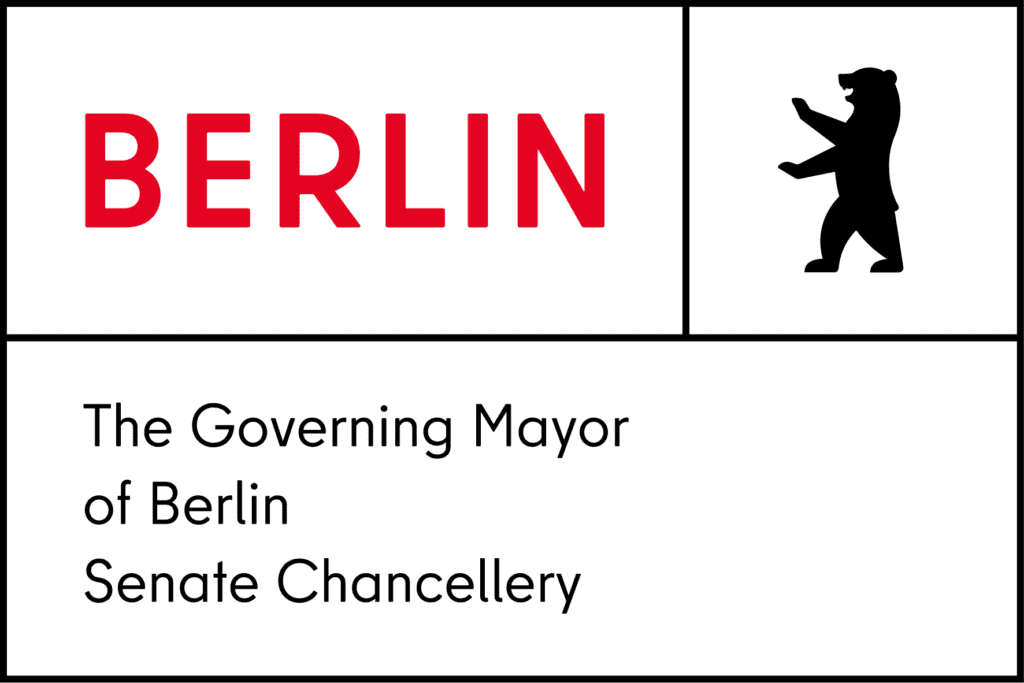Time and again we find that there are many good ideas in the heads of Berlin students! In joint project work and various exchange formats, we formulate, test and implement these ideas for the city of the future. Berlin’s administration, economy and civil society are confronted with numerous challenges in the course of digitalisation – applied sciences always need good practical examples and use cases. This is where synergies arise that we at CityLAB Berlin want to harness in iterative and co-creative processes by building bridges and supporting projects, for example in terms of methodologies and organisation.
The purpose of this article is to highlight some projects with a focus on cooperation with students from Berlin’s universities:
Creative ideas for the administrative jungle
Together with students of communication design at the University of Applied Sciences Berlin under the direction of Prof. Daniela Hensel, we supported an exciting service design project for the Berlin administration at CityLAB Berlin. The project took place in cooperation with the Senate Department for Integration, Labour and Social Affairs and the Pankow district office. The aim was to develop proposals for solutions that would give a better overview of the Berlin education and participation package in a graphic, linguistic or playful way. In view of the fact that 38 so-called benefit offices communicate on this topic for the most part independently of each other, making it difficult for citizens to get all the important information, it became clear that everyone involved could benefit from the project and the new form of cooperation. We presented the various results in a special exhibition in the foyer of CityLAB Berlin.
Click here for the documentation of the project (DE)
Click here for the interview with Prof. Daniela Hensel (DE)
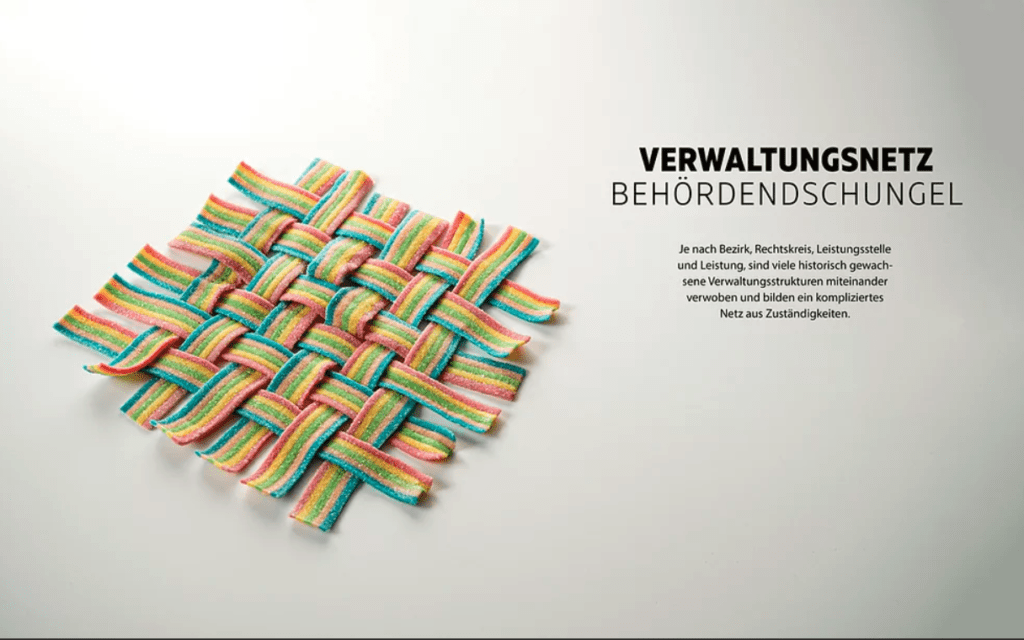
Smart City – Future Workshop
Together with students from the Humboldt University, the University of Applied Sciences, the Berliner Hochschule für Technik, the Technical University of Berlin and the University of Applied Sciences Potsdam, we held the “Future Workshop”. Based on the Berlin Smart City definition, images of the future were sketched together, obstacles identified and possible approaches to overcoming them discussed. The format served to inform about the Smart City process, to sensitize for the facets of this topic and to make different perspectives on it visible.
In parallel, CityLAB Berlin organised the international Smart City Symposium with the Berlin Senate Chancellery, the Hertie School of Governance and the Tropico project. Both formats focused on listening and learning from other experiences before the participation process on the Berlin Smart City strategy started last year.
Click here for information on the Berlin Smart City Strategy in the open knowledge repository (DE)
Click here for the findings from the Smart City Symposium
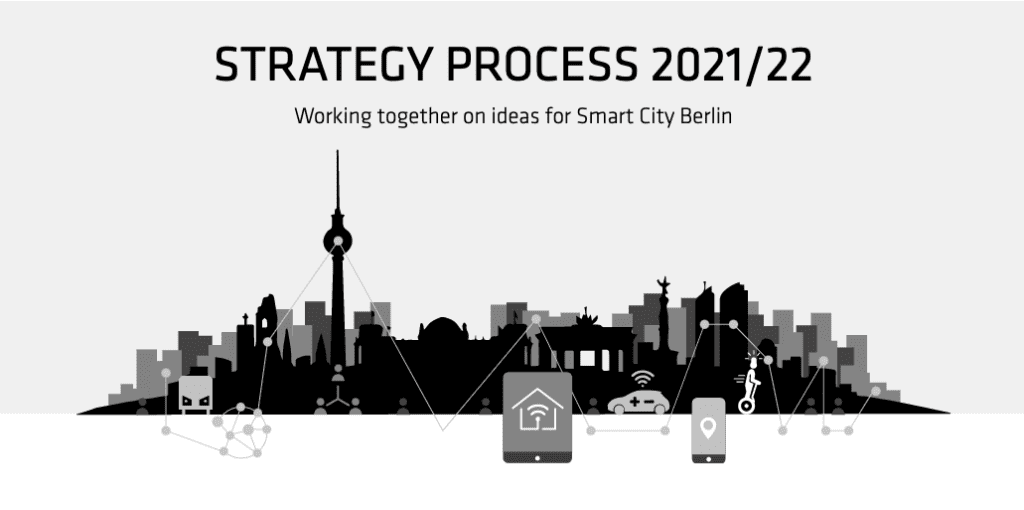
Summer School at CityLAB Berlin
The Summer School “Prototyping in the Smart City” took place successfully for the third time in 2021 at CityLAB Berlin and virtually. It focused on the current Smart City activities in Berlin. Together with experts, students developed solutions for a viable, smart city. In the Summer School, lecturers and practitioners share impulses and concrete challenges that participants from a wide range of disciplines work on together over a period of two weeks. This time, the focus was on agile administration, participation opportunities in urban design and smart technology (open source hardware and software). A great example is the Spree&Berlin concept: a buoy that measures the water quality of the Spree and communicates it in different ways. This idea is based on Jakob Kukula’s final project at the Weißensee School of Art and served as the basis for first prototypes to give rivers a voice with digital approaches and to raise awareness of the concept of planet-centered design.
Click here for more information on the Summer School
Click here for the Spree&Berlin concept

Actively shaping the Smart City
The Bergmannkiez in Berlin-Kreuzberg is undergoing a major, visible transformation. Anyone walking there, for example in Bergmannstraße, will quickly notice the bike lanes, space for pedestrian traffic and less cars. Two groups of students from the Macromedia University of Applied Sciences (Smart City Design) and one group of HTW Berlin students (Business Informatics) are working on projects that combine collaborative public design and a digital approach.
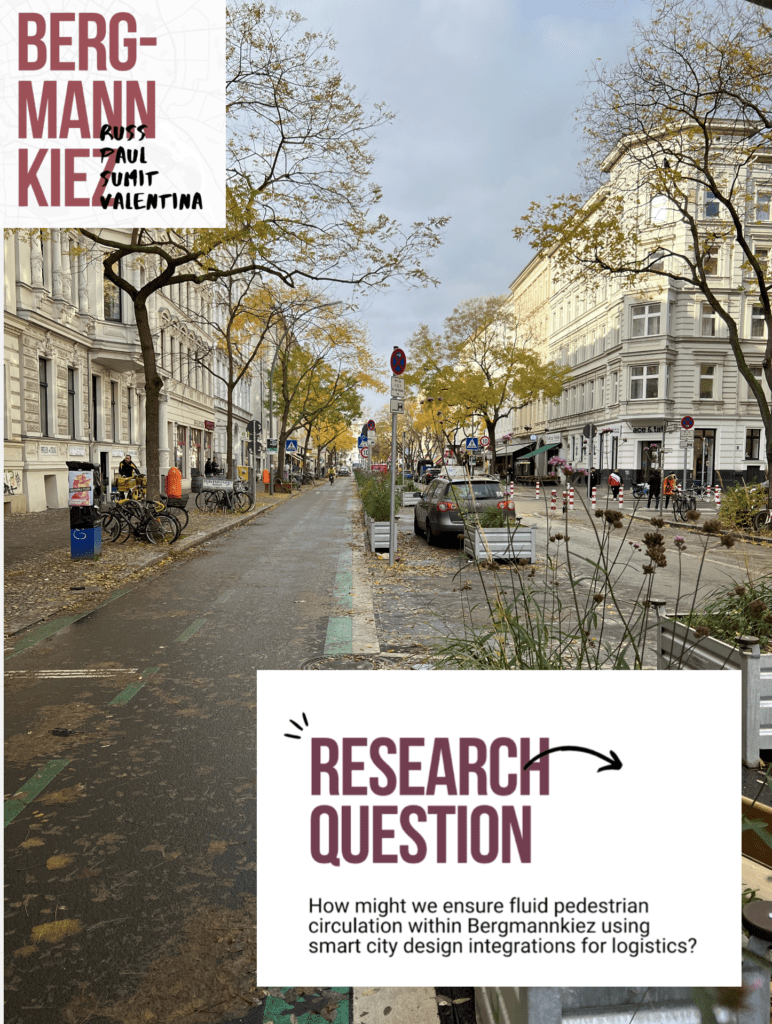
In the project “Viable Bergmannkiez: Optimizing traffic flows”, the four Macromedia students Paul Hermann, Sumit Munjal, Valentina Sanchez and Russell Schaub are focusing on the development of the pedestrian zone in Bergmannstraße. With the transformation, new challenges come along. What the students are looking at more closely here is the facilitation of delivery traffic. Together with experts, the suitability of innovative logistic solutions in the area of Bergmannstraße will be examined. The goal is to jointly develop design proposals. (Image: Paul Hermann)

The pandemic has clearly shown the relevance of safety as a factor in public transport. But what about our individual feeling of safety and what factors do affect it? The three students, Kim Arnold, Moa Halldin and Viktoriia Makeieva, also from Macromedia University of Applied Sciences, are working on the project “A feeling of safer transition environments in Berlin”, which deals with the perception of safety of users of public transport at stops when waiting and changing trains. These aspects are being identified and solutions developed in a stakeholder workshop. The aim is to raise awareness of the perception of safety in planning issues relating to local public transport and public space and thus make the use of local public transport more attractive. (Picture: Moa Halldin)
Broad participation is a core component of the Berlin Smart City Process by the Senate Chancellery. In order to ensure that Berliners can quickly gain an overview of the strategy and its progress, a low-barrier knowledge repository is a useful tool. In the course of the project “Improving the UX of the web presence of Berlin lebenswert smart”, the three HTW students Gjylijete Gashi, Frederik Obermaier and Robert Krug are conducting a user design study with citizens of Berlin. They also examined the implementation in other smart cities. The insights gained are incorporated into a mockup prototype and were then validated with the people previously interviewed.
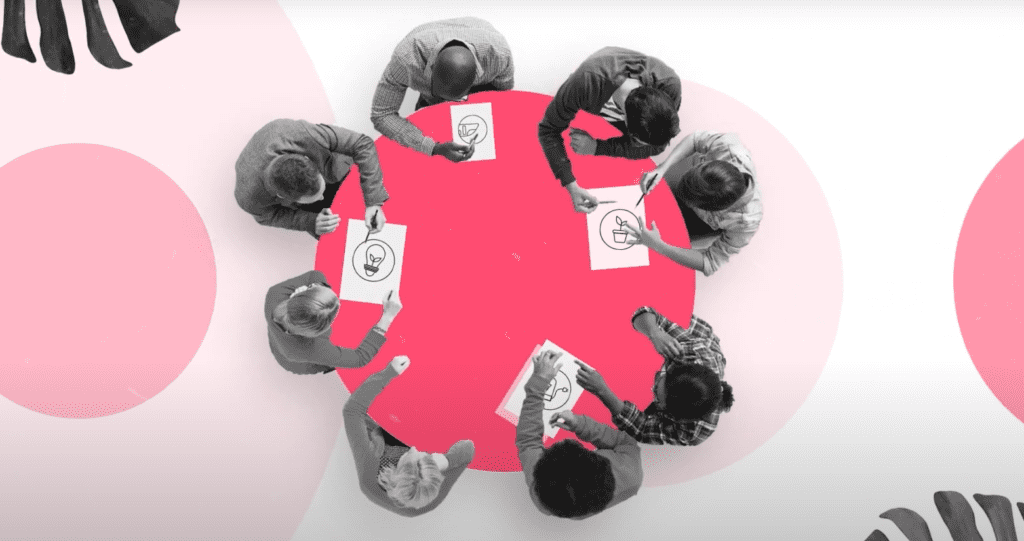
The workshops with the Macromedia students are planned for January 2022. If you are interested in participating, you can register here for the workshop on traffic flows in Bergmannkiez or contact Viktoriia Makeieva for the workshop on the feeling of safer transition.
In order to further develop innovation and participation together, a joint space for cooperation between the administration, science and civic society groups is helpful. We make our digital and real spaces available to young thinkers and long-standing experts alike for experimentation and exchange between disciplines. Workshops and events, enable you to get feedback and, by testing, to subject your own projects or ideas to a reality check with methodical support on the street or digitally.
We invite you students, researchers and lecturers to reach out. Feel free to drop by our events or get in touch with us directly via info@citylab-berlin.org. We are looking forward to it!
This blogpost was written by our research associate Yannick Müller.
